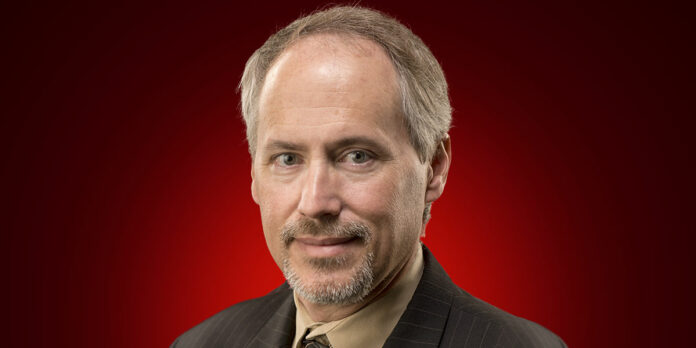The transfer portal is changing college sports, particularly in combination with Name, Image, and Licensing (NIL) deals. The portal also illustrates the role of philosophies of life and work in our decisions.
College athletes (and students) have long transferred. Previously players transferring from one Division I (or FBS) program to another had to sit out a year. Consequently, player mobility has increased significantly. As one example, quarterback J.T. Daniels started at USC, transferred to Georgia for two seasons, played for West Virginia in 2022, and will play for Rice this year.
Transfer restrictions were controversial since coaches did not have to sit out when taking a new job. And players could not freely transfer after their coach left or was fired, even though new coaches might seek to make inherited players leave.
Many fans believe the transfer portal is ruining college sports, but that is not today’s subject. Let’s consider the transfer decision instead.
According to ESPN, 8,700 football players total and nearly 3,300 from FBS entered the portal between August 2022 and May 1, or almost 30 percent of FBS scholarship players. Thousands of transfers undoubtedly involve numerous factors, including being beaten out by another player, coaching changes, and family considerations. The potential for NIL money adds another rationale.
Some starters transfer, such as Jalen Hurts after starting two national championship games for Alabama. But consider the players who have not yet had success. Should non-starters transfer to find a team where they fit better or stay put, learn the system well, earn the coaches’ trust, and work to gain playing time?
The appropriate course of action depends on how to achieve personal success in football. Is hard work sufficient to take you as far as possible, or do you need a good fit? If you believe the former, then stay and work hard. If the latter and your current fit is not great, transferring is wise.
The hard work versus fit question arises in many life endeavors. Can any student succeed at any college? Or do class size, access to professors, and campus environment matter? Does a successful marriage require a perfect match or partners willing to work very hard? Should you work hard to impress your boss or find a boss who values your talents and contributions?
The best course of action depends largely on how you think the world works.
Many simple words to live by can be seen as statements about how the world works, which then guide behavior. “Hard work plays off,” “honesty is the best policy,” “the customer is always right,” or “live by the Golden Rule” all recommend courses of action based on the nature of the world.
Our views matter because we would be hard-pressed to definitively prove their validity. Daily life does not unambiguously reveal whether honesty is the best policy or if nice guys finish last. Before hard work yields success, our belief keeps us going.
Economists typically presume that people can easily determine their best course of action. In part this is because we begin with consumer choice. Consumers can easily tell if they prefer apples to oranges or chicken to steak. Economists then explain behavior with incentives: people work hard when they get paid well.
Yet this misses some important dynamics. Economists struggle to make sense of the work ethic, which correlates with prosperity. The work ethic makes sense as a view about hard work paying off. Holding this belief leads people to work hard.
Most of us pick up many of our views of how the world works from others, including parents, siblings, teachers, and grandparents. Such transmission ensures the persistence of widely held views. But maintaining the work ethic will be difficult when few people believe that hard work gets rewarded.
Few athletes compete collegiately without first practicing and training for countless hours. The transfer portal will not degrade athletes’ work habits. But the transfer decision illustrates how our beliefs about the world affect our behavior almost as much as incentives.
Daniel Sutter is the Charles G. Koch Professor of Economics with the Manuel H.
Johnson Center for Political Economy at Troy University and host of Econversations on TrojanVision. The opinions expressed in this column are the author’s and do not necessarily reflect the views of Troy University.
Don’t miss out! Subscribe today to have Alabama’s leading headlines delivered to your inbox.
